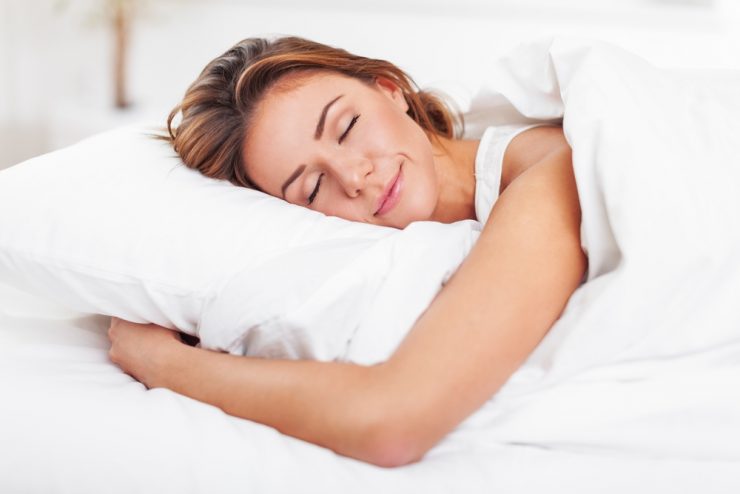Good quality sleep is essential for good health. The number of hours we require a night varies from person to person, but most experts agree between six and eight is optimum.
Medical Herbalist Gabriella Clarke looks at what can happen if we don’t get enough quality sleep and what to do about it.
WHAT IMPACT DOES BAD QUALITY SLEEP HAVE ON OUR HEALTH?
- Lack of sleep can increase the risk of heart attacks, stroke and diabetes. It can also contribute to high blood pressure.
- Concentration and memory will be adversely affected. You are also more likely to have an accident. Tiredness can affect your reaction times making driving a potential hazard.
- Not getting enough sleep can make us irritable and bad tempered. It can also lead to depression.
- Weight gain is associated with poor sleep. It is not known why but it seems we are more likely to make poor nutritional choices. We are also more likely to go for high sugar ‘quick fix’ snacks when tired.
- Lack of sleep can cause dark circles and puffy eyes. Fine lines appear, and the skin becomes lacklustre. It’s not called beauty sleep for nothing!
WHAT CAN WE DO TO IMPROVE OUR QUALITY OF SLEEP?
As always nature can lend a helping hand.
VALERIAN
The classic herbal sedative valerian[i] works in a similar way to pharmaceutical sedatives, and is well tolerated by most people. It can cause daytime drowsiness and if this is the case, you may need to reduce the dose. It is also important to ensure you get your eight hours sleep so don’t take it too late in the evening. Valerian has been shown to reduce the time in which it takes to fall asleep as well as lengthening the time we stay asleep.
PASSIFLORA
This lovely remedy is especially useful if sleep problems are linked with anxiety[ii] as it can also be taken during the day in smaller amounts to help alleviate symptoms. Clinical trials show passiflora may help induce sleep as well as lengthening sleep time.
CAMOMILE
This gentle but effective herb has many benefits , especially when it comes to treating anxiety and insomnia. Camomile is also suitable for children. Try a cup of camomile tea before bed. If you’re not keen on the taste you can add a spoonful of honey.
Camomile[iii] is also a useful sleep aid for the elderly who tend to be more sensitive to standard sedatives and are often on other medications, which can cause unwanted interactions with stronger herbs.
TOP TIPS
- Is your bedroom too hot? 18C is the optimal temperature for a good night’s sleep.
- Avoid caffeine after 3pm as it can interfere with sleep. Try herbal teas instead
- Try taking 400mg of magnesium half an hour before bed.
- Make sure your curtains keep out light adequately.
- Try to manage your stress levels
- Before bed, have a warm bath to which you have added a few drops of lavender oil. Alternatively, put a few drops on your pillow.
- Put away mobile phones, tablets, laptops etc at least two hours before bedtime. The blue light these devices emit are known to cause disturbed sleep.
[i] https://www.ncbi.nlm.nih.gov/pmc/articles/PMC4394901/
[ii] https://www.ncbi.nlm.nih.gov/pubmed/29410738
[iii] https://www.ncbi.nlm.nih.gov/pubmed/29154054























